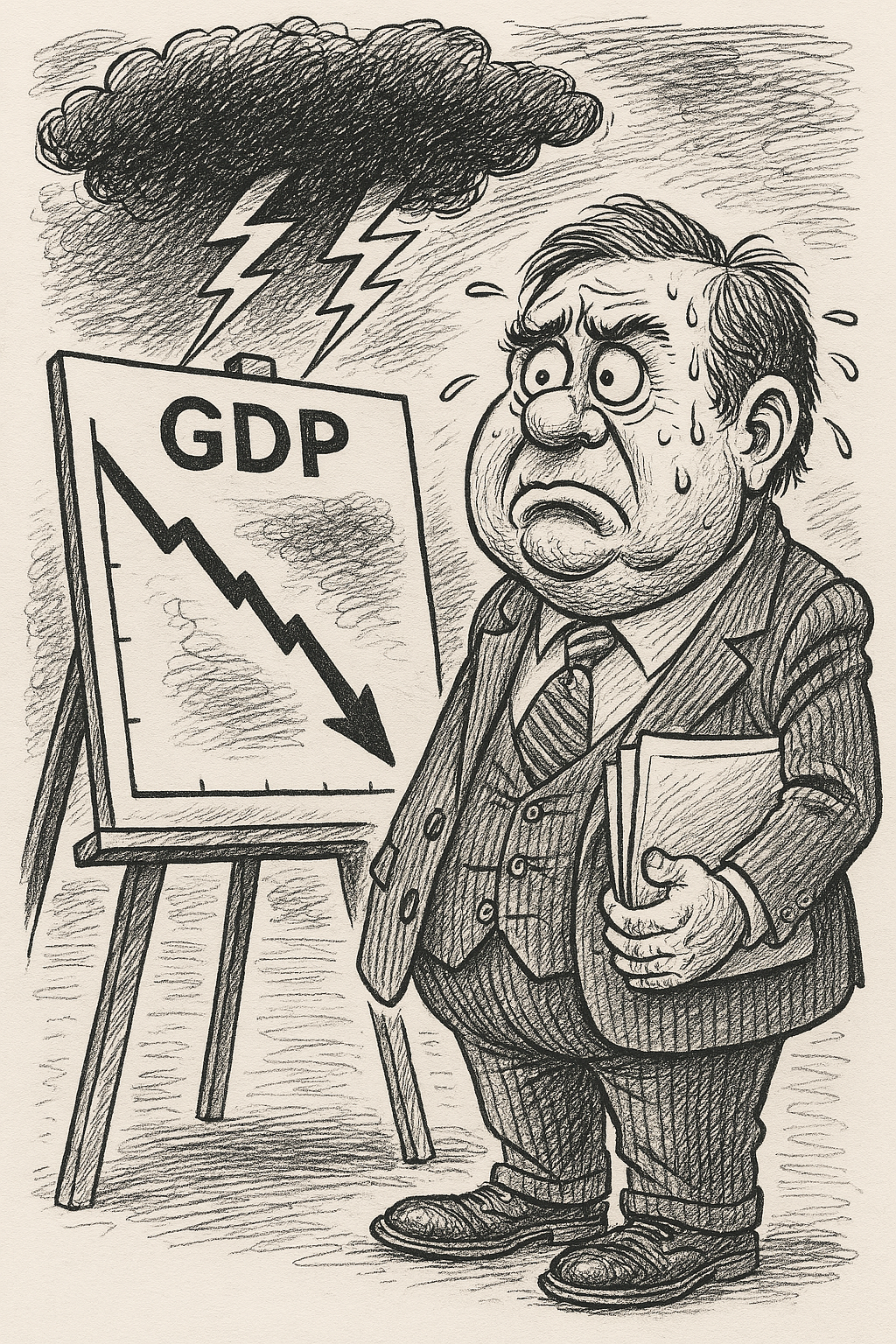Moscow, Russia – In a groundbreaking discovery that will surely send shivers down
the spines of conspiracy theorists and religious leaders alike, a recent study published
in Geophysical Research Letters revealed that a recent SpaceX rocket launch may
have temporarily created a large hole in the ionosphere — between 80 and 650
kilometers above Earth’s surface where gases have been ionized, or stripped of
electrons, and turned into plasma.
The study, published in the reputable yet suspiciously specific Geophysical Research
Letters on August 26, 2024, chronicles the unexpected chain of events following the
November 2023 Starship launch. For those who missed it, Elon Musk’s mega-rocket,
the tallest and most powerful ever built, lived fast and died young, blowing up not once,
but twice, as it made its ascent, just to make sure everyone got their money’s worth.
While most were content to watch the fiery show with popcorn in hand, Russian
scientists were busy noticing something a bit more peculiar—like how the explosion at
149 km altitude somehow managed to create a “non-chemical” hole in the ionosphere,
the ionized part of Earth’s atmosphere. Yes, you heard that right—a man-made
ionospheric hole, as if the ozone layer wasn’t already having enough of a rough time.
But the pièce de résistance is the discovery of a large-amplitude electron content
depletion, essentially a big, fat hole in the ionosphere, right where the Starship decided
to make its final, spectacularly unsuccessful journey. Scientists believe this might have
been exacerbated by the rocket’s fuel exhaust—because if there’s one thing we needed
less of, it’s breathable air.
This marks the first time a non-chemical ionospheric hole has been detected from a
man-made explosion, which, according to experts, could pave the way for future
research, or, you know, an alien invasion. After all, if SpaceX is now capable of
punching holes in the ionosphere, who’s to say what else we might accidentally invite
into our atmosphere?
Elon Musk has yet to comment, but it’s safe to assume he’s already planning to sell
tickets to the next accidental celestial spectacle.
Source: https://agupubs.onlinelibrary.wiley.com/doi/10.1029/2024GL109284




